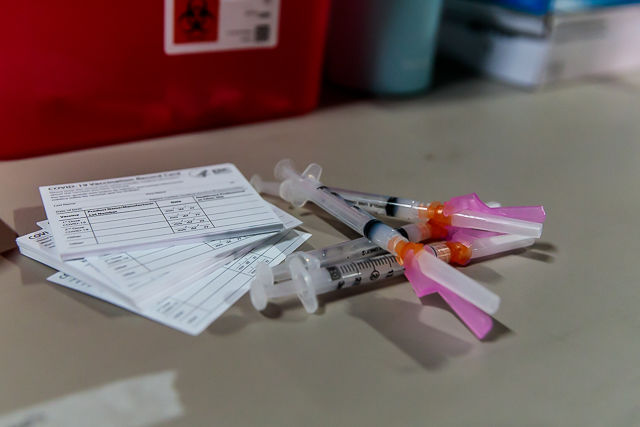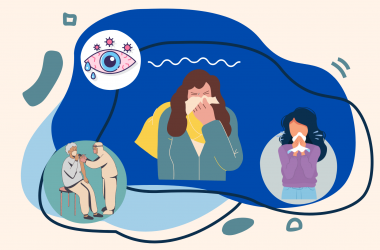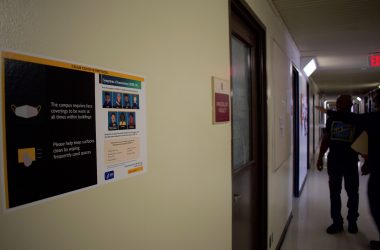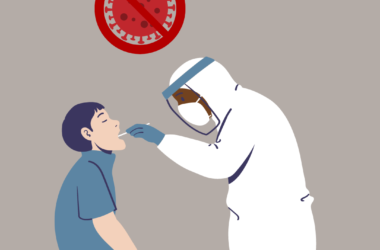Long Beach State has received its first batch of coronavirus vaccines and will begin administering doses this week to essential personnel working on campus, Vice President for Student Affairs Beth Lesen announced in an email.
“We have now received a small initial delivery of vaccines and will begin a very limited vaccination program this week that follows the prioritization plan posted online,” Lesen said. “Invitations to sign up for an appointment will continue to be issued based on availability of doses and the prioritization plan.”
The university has received doses of the Pfizer-BioNTech vaccine despite being initially told by the city of Long Beach that it would receive the Moderna.
“Please also bear in mind that while our campus had anticipated receiving the Moderna vaccine, our initial delivery — and likely subsequent deliveries — will instead include the Pfizer-BioNTech vaccine,” Lesen said in the email.
Those eligible to be vaccinated will receive an email, though Lesen maintained that students must understand there aren’t enough doses at this time to “begin vaccinating the main student population.”
Under the directive of public health officials, the campus community is expected to be vaccinated in a priority-based distribution process:
-
- Personnel working on campus
- Faculty and staff who are 65 and older or high-risk
- All faculty and staff who have not been vaccinated
- High-risk students
- On-campus students including residents, athletes and those in face-to-face courses
- Students entering clinical rotations
- All students who have not been vaccinated
Students, faculty and staff who have pre-registered will receive an email detailing how to schedule an appointment, which will be available on their campus single sign-on, and must fill out a health questionnaire. Members of the Beach community are asked to use their campus emails to register.
Those who have booked their first appointment will receive an email when they should schedule their second dose of the Pfizer vaccine, which should be 21 days after their first injection. According to the Centers for Disease Control, both vaccines are administered in two doses, though the Moderna’s second dose is administered 28 days after the first.
Both vaccines are said to be about 95% effective.
“Our university team is working diligently to vaccinate our campus community as quickly as possible,” Lesen wrote.
As of Jan. 25, CSULB has six faculty and staff members and three students who currently have COVID-19, all of whom had been on campus within 30 days of testing positive.
In total, the university has had 42 cases among faculty and staff and 254 cases among students.
According to Kimberly Fodran, medical director at Student Health Services, CSULB had been working to receive the vaccine since November. Campus officials have encouraged students, faculty and staff to get vaccinated to help stop the spread of the virus.
“If you become eligible to receive a vaccine through other means at an earlier point, we encourage you to receive the vaccine as soon as possible whether that is on campus or through the city where you live,” Fodran said last month.





Pingback: CSULB's 'well-run' vaccine program contributes to success of city rollout - Daily Forty-Niner
Pingback: CSULB begins vaccine rollout at Pyramid - Daily Forty-Niner